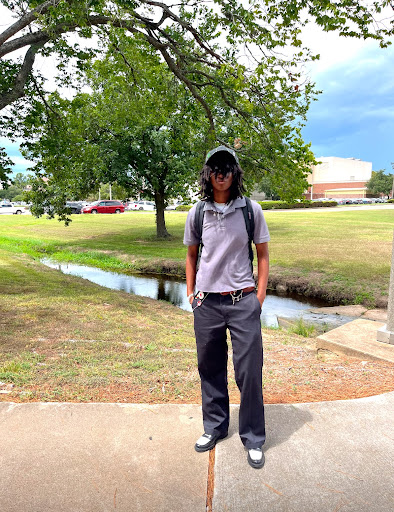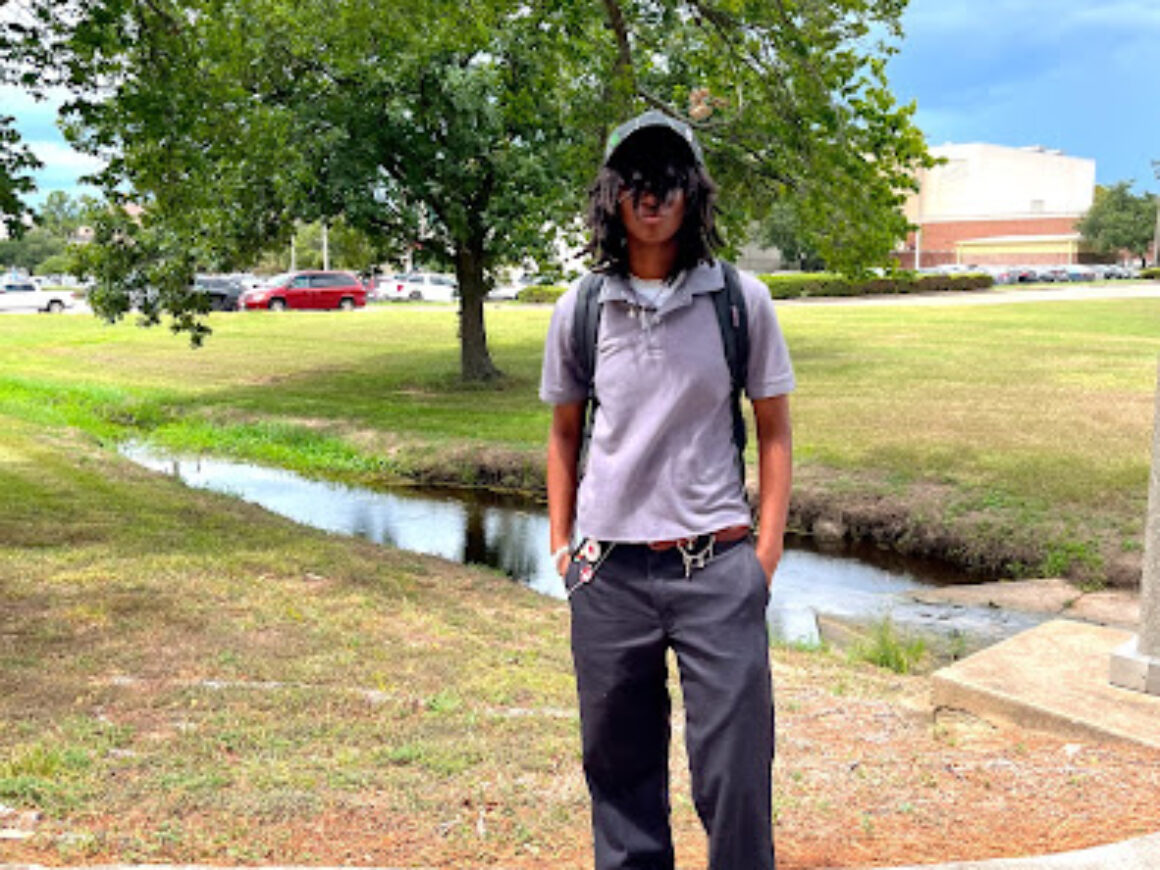History Now: The Necessity of Public Historians in the Decision Making Process

Amanda Elmore, History Student & Author of Post
Robert Kelley in his work “Public History: Its Origins, Nature, and Prospects,” states that “history has been thought…to produce things which are interesting”…[and] “essential…but which are not immediately useful.” History’s usefulness has seemingly always been atop the list of intense debate subjects. Groundbreaking historian of the Progressive Era, Lucy Salmon, “believed that in order to be relevant history must speak to the present.” Like Salmon did in her era, Kelley “embraces history in a pluralistic sense” as all-encompassing. In this brief article he goes on to argue against this all-too-common notion of history’s nonutility by highlighting the necessity of the historical perspective, the practical value of public history, and further details how he assisted in pioneering breakthroughs in the field of public history by establishing a graduate program at the university which he was employed.
In his essay he defines public history shortly as “the employment of historians and the historical method outside of academia.” The author stands strongly in asserting that history is not not limited to political and military affairs but “it is essential in every kind of immediate, practical situation.” He follows this by presenting examples of instances where a public historian’s expertise can be utilized in the decision making process and noting situations where academic historians have been employed as public historians. For example, historians could be sought out as hires for the Department of Agriculture and uniquely assist in providing an evidence-based historical narrative to give context for future decisions and possibly developing fairer policy. The next section of the essay follows Kelley’s personal linkings with Richard Hwelett and Wayne Rasmussen in the actual implementation of historical offices in various organizations, talks about the responsibilities of public historians in practice, and the variety of positions available to historians trained in public history. After that, Kelley illustrates the development of his public history graduate program, the kind of mindset required for the field, the ethical challenges involved in the practice, mission-oriented research, and other skills and specifics to finish the rigorous curriculum and course examinations.
In total, Kelley’s article suggests that while endlessly strenuous, “public history [is] an enterprise” well worth it. Further, the experiments that he oversaw and witnessed prove that its implementation will be rewarding and ultimately “far preferable to going on as it were before.”
Sources:
Kelley, Robert. “Public History: Its Origins, Nature, and Prospects.” The Public Historian 1, no. 1 (1978): 16–28. https://doi.org/10.2307/3377666.
Haeussler Bohan, Chara. “Introduction: Lucy Maynard Salmon, 1853-1927.” Introduction. In Go to the Sources: Lucy Maynard Salmon 1853-1927 and Teaching of History, 1–8. Peter Lang, 2004.
